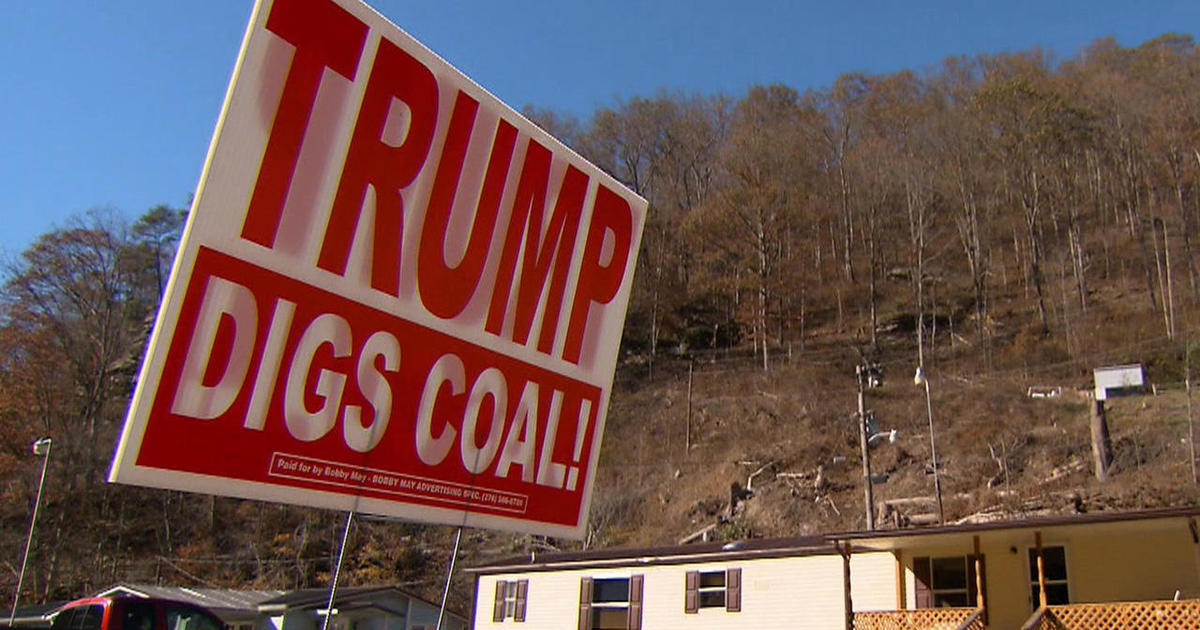Originally posted by Karl
View Post
I've never heard the term "here on out". Is this an Americanism?
In England it's: "here on in".
"Here on out" makes no sense. It's a bit like an old friend turning up on your doorstep. Naturally you'd say: "nice to see you, come in". In the US do they say: "nice to see you, come out, would you like a cup of tea?"?




Comment